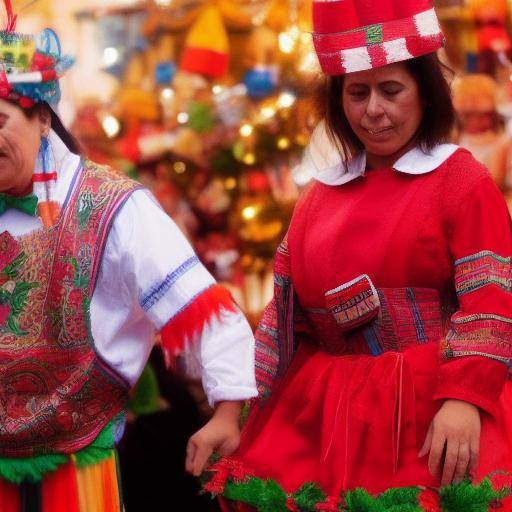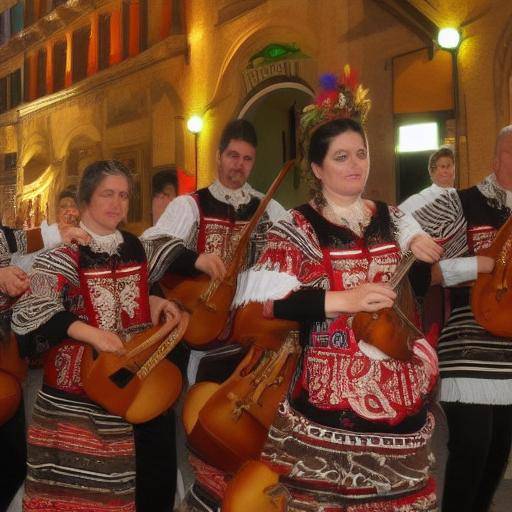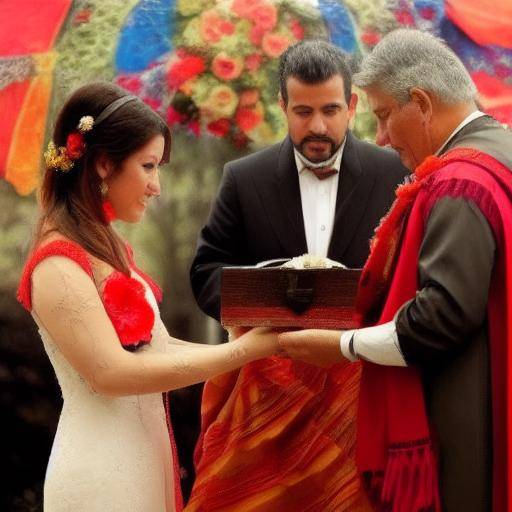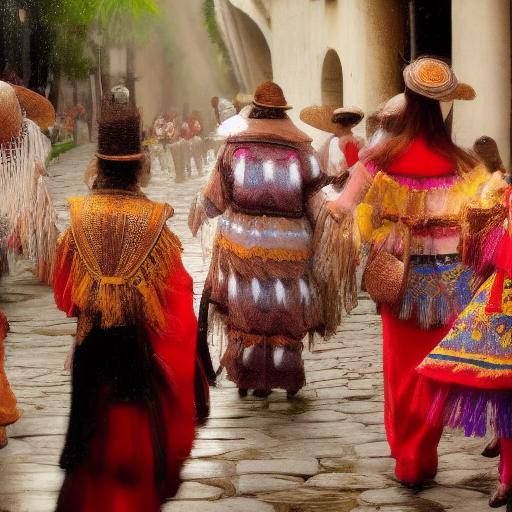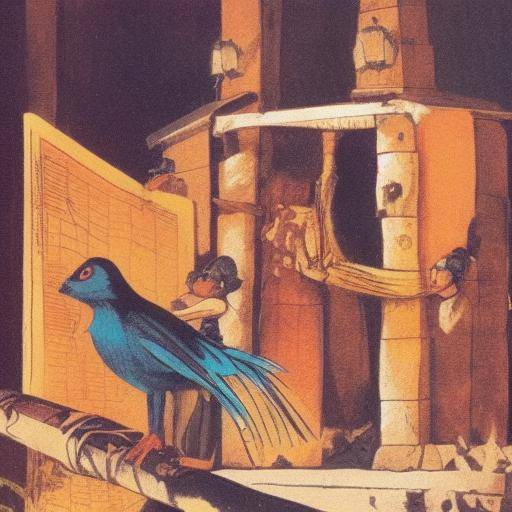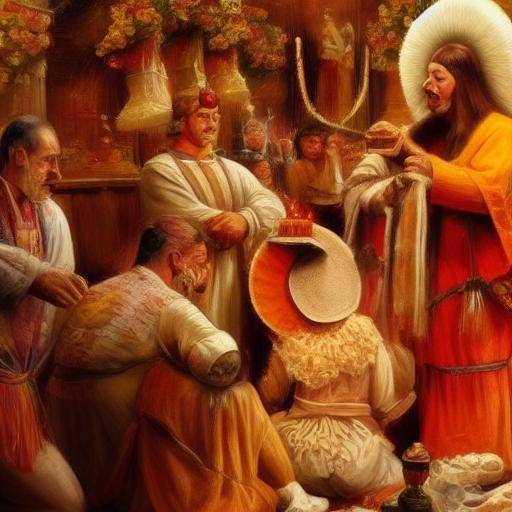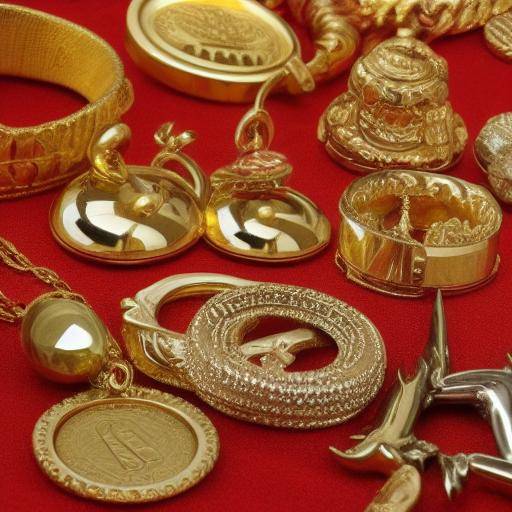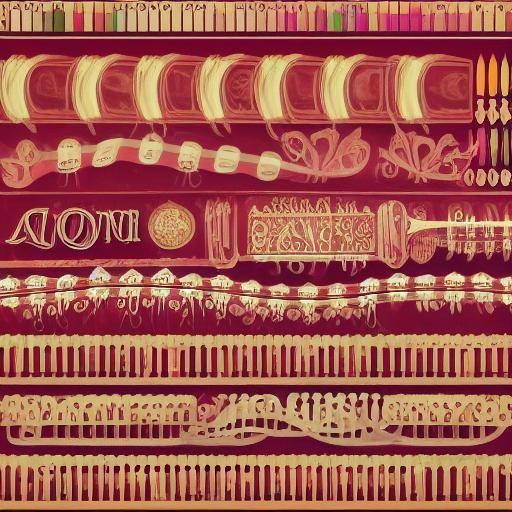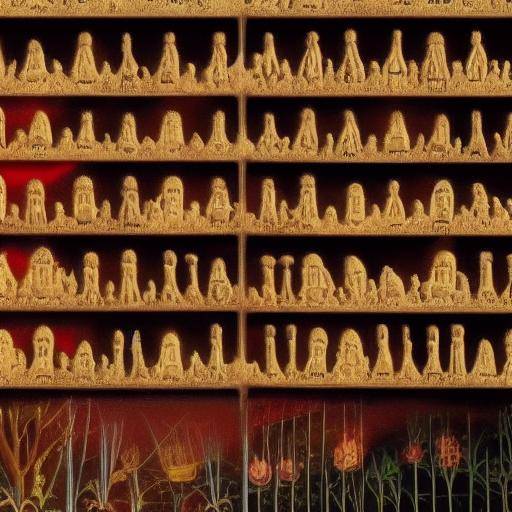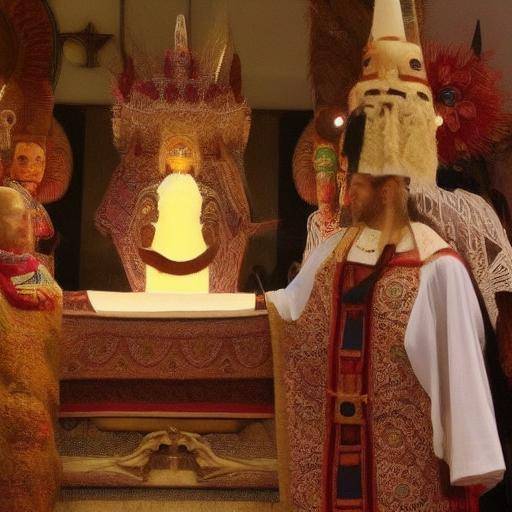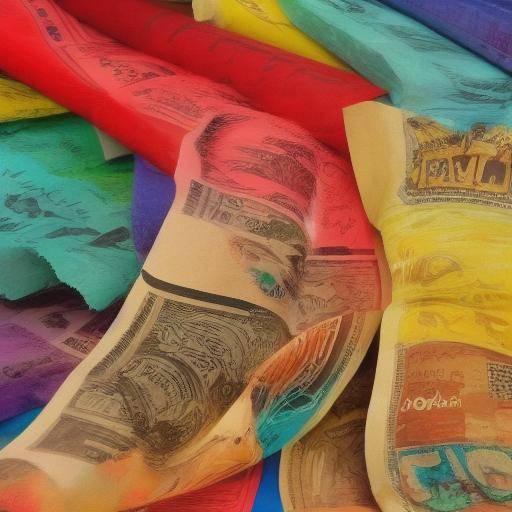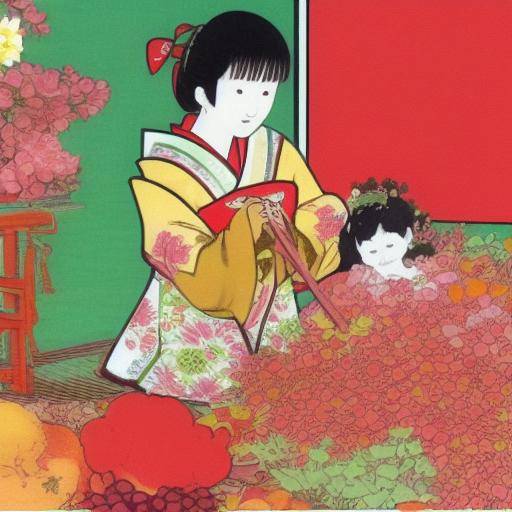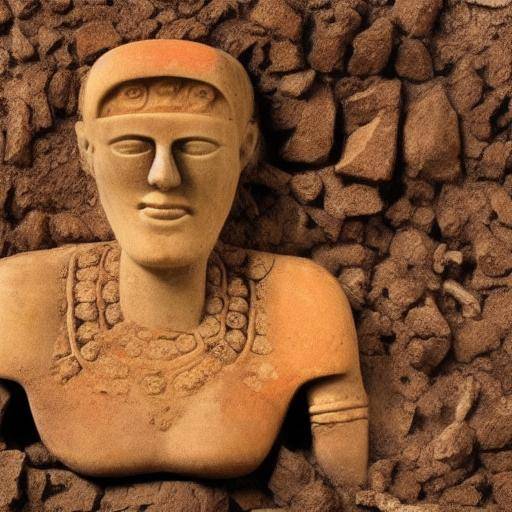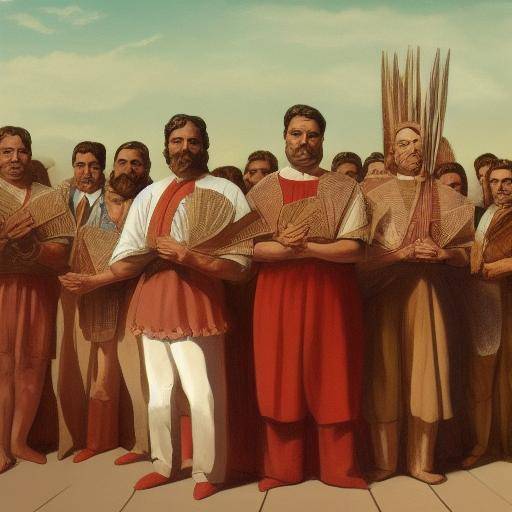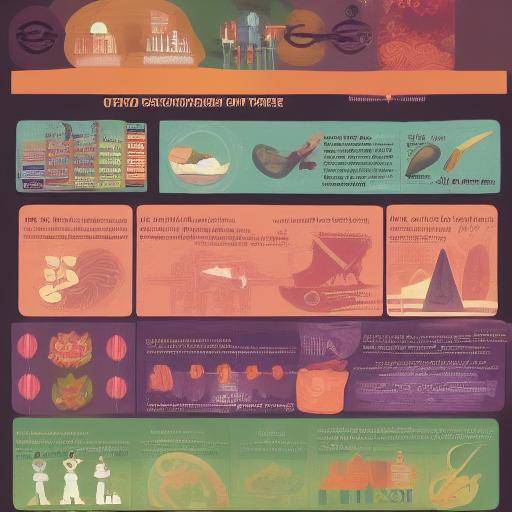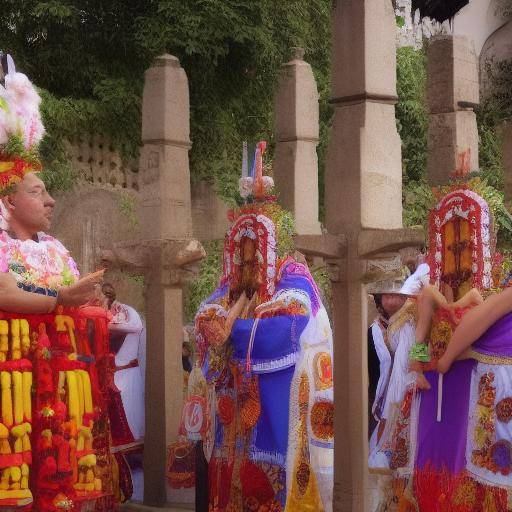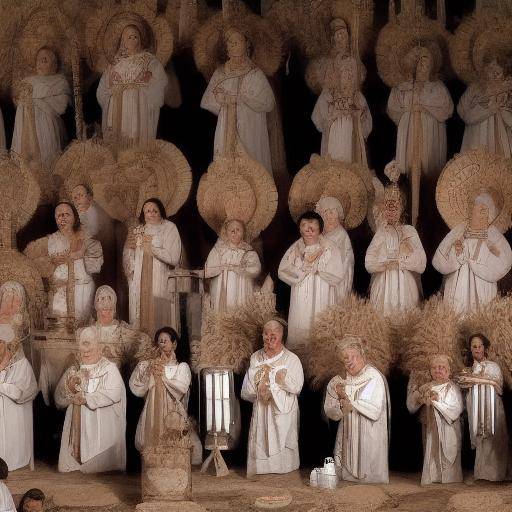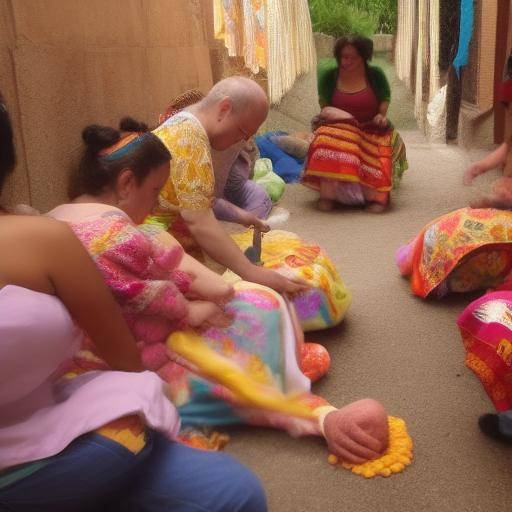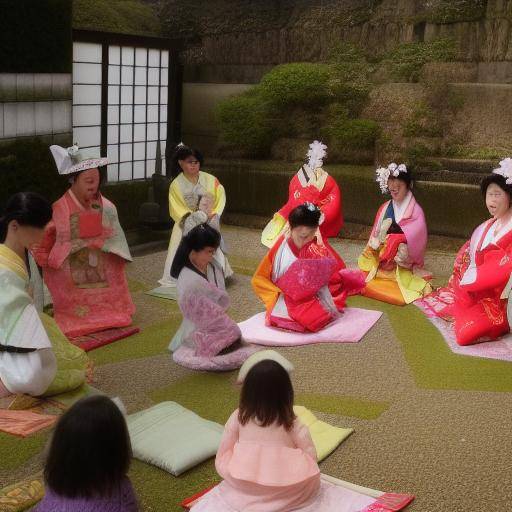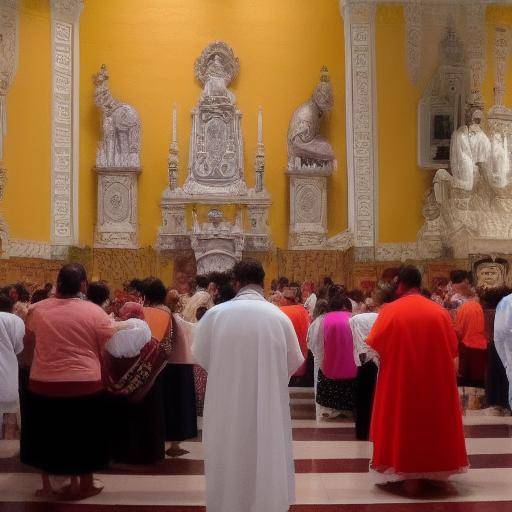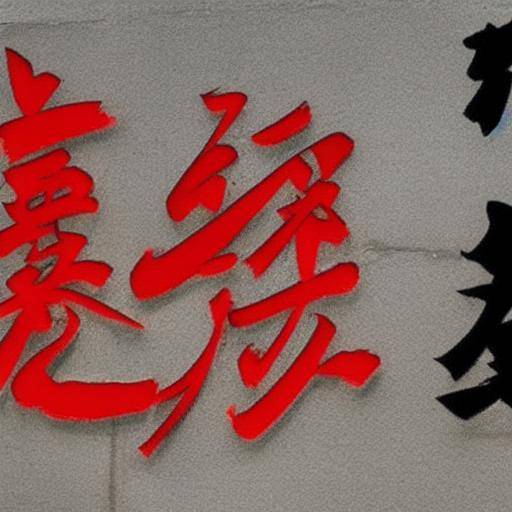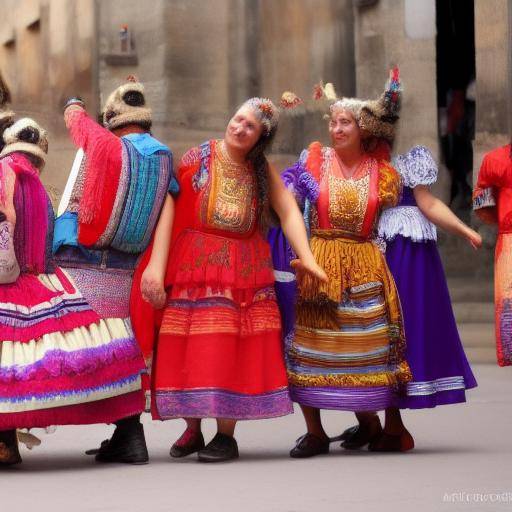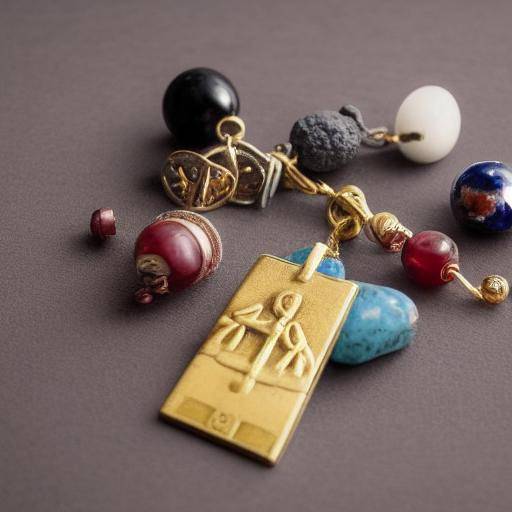
Introduction
Since ancient times, amulets and talismans have been significant elements in various cultures around the world. His presence has been linked to beliefs and superstitions that transcend generations. In this article, we will explore in depth the meaning of amulets and talismans in superstitions, their history, use today, symbolic meaning and their relevance in different cultures. We will also address popular beliefs and provide practical advice on their use. Join us on this journey through the fascinating world of amulets and talismans.
History and Background
Amulets and talismans have their roots in the oldest civilizations of humanity. From ancient Egypt to pre-Columbian cultures, they have been used to protect themselves from evil forces and attract good fortune. Throughout history, these objects have evolved in form and meaning, reflecting the beliefs and practices of each time. The adoption of Christianity and other religions also influenced the perception of amulets in different cultures. Even today, the tradition of bearing amulets and talismanes persists in many societies of the world.
Origins and Meaning
Amulets and talismans have their origin in the need of the human being to protect themselves from the unknown and attract fortune. These objects were created with materials such as stones, metals, bones, and other elements, considered positive or negative energy carriers. The symbolic meaning of amulets varies according to the culture and beliefs associated with them.
During the Middle Ages, the use of amulets and talismanes was linked to alchemy and the search for the philosopher's stone, considered capable of granting extraordinary powers to the possessor. This period marked a change in the perception of amulets, relating them to occult and esoteric practices.
Important Developments
Over time, amulets and talismans have experienced significant changes in their form and function. The symbols associated with these objects have also evolved, adopting new meanings and adapting to contemporary beliefs.
During the Victorian era, the amulets acquired a new relevance with the rise of spiritism and the fascination for the supernatural. Amulets associated with the protection against diseases and diseases were popularized, reflecting the concerns of the society of the time.
Analysis in Deep
Despite scientific and technological advances, amulets and talismanes continue to be an integral part of popular culture in various parts of the world. Some people use them as symbols of protection, while others consider them objects of spiritual meaning. Amulets have also found their place in fashion and jewelry, becoming decorative elements with personal meanings.
Benefits and Challenges
Amulets and talismans offer people a sense of security and protection. Your use can provide comfort and emotional strength in times of difficulty. However, its real effectiveness is an issue of debate and skepticism in modern society. Some challenges associated with the use of amulets include their potential commercial exploitation and the risks of emotional dependence.
Diverse Perspectives
Opinion on amulets and talismans is diverse and influenced by cultural, religious and personal factors. While some people find meaning and comfort in the use of amulets, others consider them mere objects without real power. Scientific opinions also vary, and many researchers are skeptical about the effectiveness of amulets in the modern world.
Comprehensive review
Applications and Best Practices
Amulets and talismanes are used in a wide range of applications, from personal protection to the attraction of good fortune in business and relationships. Currently, the design of amulets has been adapted to satisfy contemporary aesthetic tastes, making them popular fashion accessories. However, it is fundamental to recognize that the meaning of an amulet is deeply personal and can vary significantly between individuals.
Perspectives of Experts and Industry
Psychology and anthropology professionals offer valuable insights on the role of amulets and talismans in modern society. Experts in personal development have also highlighted the symbolic and emotional power that amulets can have for people, regardless of their objective effectiveness.
Case Studies and Practical Applications
The use of amulets and talismans in different cultures and environments offers a wide view of their practical applications. Many cases have been documented in which beliefs in amulets have influenced people's decisions and actions, highlighting their impact on everyday life.
Comparative analysis
Amulets, superstitions and their meaning are intertwined, but they are not identical. While amulets and talismans are specific objects aimed at attracting luck or protection, superstitions cover a wider set of beliefs on future events, often without a rational basis. The meaning of amulets is often associated with the rejection of superstition, as it is based on a positive faith in an object rather than on fear of something negative.
Practical Tips and Useful Tips
When choosing and using amulets and talismans, it is important to do so in a meaningful and respectful way. Here are some practical tips for those who want to incorporate amulets into their lives:
- Choose an amulet that resonates with you: Find an amulet that has a personal meaning for you, either by its form, material or history.
- Charge your amulet with intent: Before using it, spend a while to load the amulet with your intentions and positive energy.
- Keep it close.: Take your amulet with you or place it in a significant place to remind you of its importance and meaning.
- Renew your energy: From time to time, clean and renew the energy of your amulet, keeping it fresh and full of positivity.
Conclusions and FAQs (FAQs)
Conclusions
In short, amulets and talismans have a rooted meaning in the history of humanity and continue to be relevant in today's society. Whether for cultural, spiritual or personal reasons, amulets play an important role in the lives of many people. Its symbolic and emotional power transcends cultural barriers and offers a fascinating view of human beliefs.
Frequently asked questions (FAQs)
1. What is the difference between amulets and talismans?
- Amulets are often associated with protection and luck, while talismans are linked to attracting positive influences or helping in specific situations.
2. Are the amulets superstitions?
- Amulets may be related to beliefs and superstitions, but their meaning transcends mere superstitions by having a symbolic and emotional value for those who use them.
3. How do amulets relate to popular culture?
- Amulets and talismanes are often popular elements in contemporary culture, used as fashion accessories, significant gifts and decorative elements.
4. Do amulets have scientific foundations?
- The power of amulets is not backed by solid scientific evidence, but their emotional and symbolic impact on human psychology is an area of constantly developing study.
5. What is the most common amulet in various cultures?
- The horseshoe, the four-leaf clover, the Turkish eye and the figure of the Fatima hand are popular amulets in different cultures and regions of the world.
6. How can I choose the right amulet for me?
- The choice of an amulet is personal. Find one that resonates you on an emotional level and connects you with its symbolism, history or meaning.
Additional resources
For more information on the meaning of amulets and talismans, we invite you to explore the following resources:
Concluding, amulets and talismans remain significant elements in various cultures and offer a fascinating view of human beliefs throughout history. Its meaning transcends the material, providing comfort, protection and hope to those who use them, regardless of the truth of their powers.




